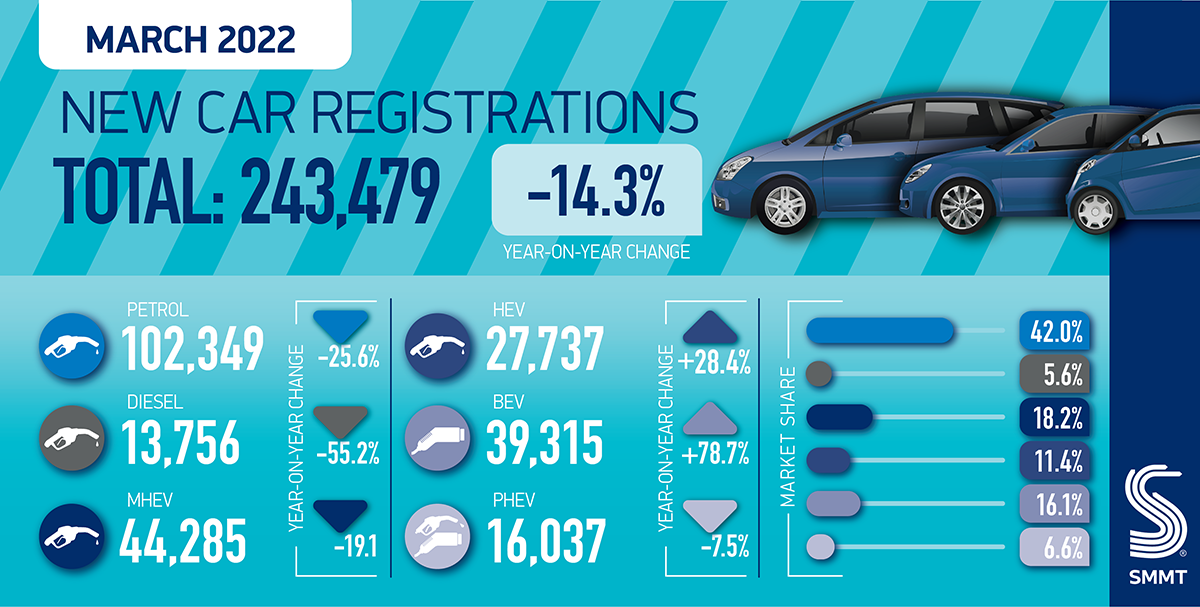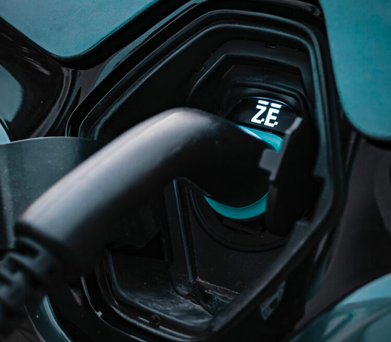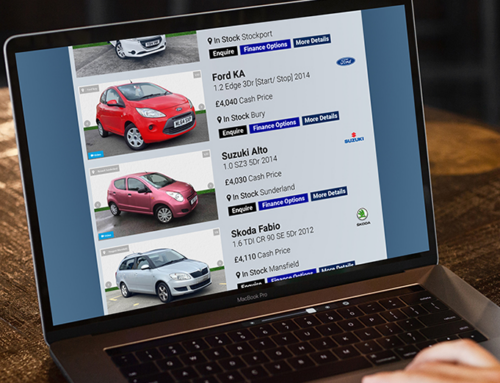NEW car sales fell in March as supply constraints continue to impact the market although underlying demand for new and used vehicles remains stable despite industry headwinds and external factors affecting confidence.
In March, a total of 243,479 new cars were registered, a decrease of 14.3% from the same period last year. As a result of this decline, overall registrations for Q1 2022 are down 1.9%.
Sales to private buyers grew by 8.2%, although showrooms were closed in March last year; fleet registrations were down by 34.4%.
Battery electric vehicles (BEVs) saw significant growth, up 78.7% to 39,315 units. Plug-in hybrid (PHEVs) registrations declined by -7.5% to 16,037 units, whilst hybrids (HEVs) grew 28.4% to 27,737 units. More than a third (34.1%) of all new car registrations were electrified vehicles in March.
Sue Robinson, Chief Executive of the National Franchised Dealers Association (NFDA), commenting on the latest figures from the SMMT, said: “Cost of living increases are impacting customer decision making and it is vital that the Government supports UK households as inflation rises. Despite this, there are offers that motorists can benefit from.
“Vehicle servicing departments continue to be busy and franchised dealers are working hard to ensure quality of service, customer value and support in the aftersales market.
“On a positive note, sales of electrified vehicles performed very well in March accounting for more than one in three new cars registered; we expect this trend to continue as brands introduce new models and retailers help customers choose their next EV”.
With the industry reporting strong order books, it is the constraints on supply that are preventing the sector from moving into full recovery. The shortage of semiconductors, itself an effect of the pandemic, is affecting the sector globally but longer-term uncertainty remains, with the invasion of Ukraine raising risk to supply chains.
More broadly, however, economic headwinds such as rising energy costs, fuel costs, inflation and a squeeze on household incomes could impact new vehicle demand. With grants for BEVs ongoing until at least next March, however, interest rates still low and electric cars benefiting from lower running costs, there are significant benefits for drivers who can order new vehicles now.
Mike Hawes, SMMT Chief Executive, said: “March is typically the biggest month of the year for the new car market, so this performance is deeply disappointing and lays bare the challenges ahead. While demand remains robust, this decline illustrates the severity of the global semiconductor shortage, as manufacturers strive to deliver the latest, lowest emission vehicles to eagerly awaiting customers.
“Placing orders now will be beneficial for those looking to take advantage of incentives and lower running costs for electric vehicles, especially as the Ukraine crisis could affect supply still further. With increasing household and business costs, government must do all it can to support consumers so that the growth of electric vehicles can be sustained and the UK’s ambitious net zero timetable delivered.
Jon Lawes, Managing Director, Novuna Vehicle Solutions, added: “If the data tells us one thing, it’s that electrification of the UK’s motor industry is accelerating despite ongoing supply challenges. In the face of sky-high prices at the petrol pumps, motorists are taking advantage of a greater choice of electric vehicle (EV) models on the market, and attractive salary sacrifice schemes offered by leasing providers, to make the transition to an EV sooner rather than later.
“With charger provision not keeping pace with the wave of EVs hitting UK roads and a lack of consistent charge pricing across a wide array of operators, this only reinforces the need for the Government’s plans to increase charging points tenfold by 2030 to gather momentum now.
“Despite the series of commendable initiatives to support the transition published last month, the immediate challenge is ensuring these pledges translate into a coordinated rollout of schemes between the Office for Zero Emission Vehicles and local authorities.
“There is still an onus on the Government to do more to encourage EV ownership. While not enough of a setback to put the brakes on EV adoption, the decision not to cut VAT on public charge points was a blow to the hundreds and thousands of motorists who will be forced to rely on the public network.”









Leave A Comment